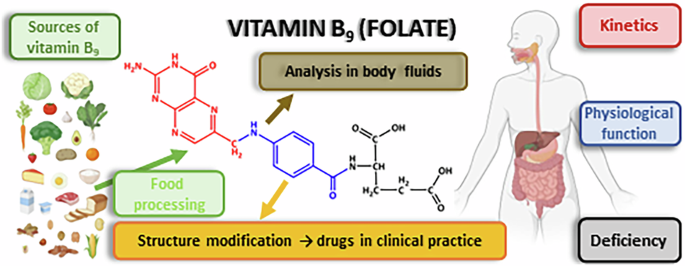- Select a language for the TTS:
- UK English Female
- UK English Male
- US English Female
- US English Male
- Australian Female
- Australian Male
- Language selected: (auto detect) - EN
Play all audios:
> On rules for college athletics, the NCAA punts to high schools. College coaches cheered. No longer would they lose promising recruits because the athletes couldn’t achieve minimum
scores on the SAT or the ACT. The National Collegiate Athletic Association had acted, and the dreaded standardized tests would no longer bar freshman eligibility for blue-chip high school
athletes. The NCAA has in place a complicated system for determining whether the academic history of a college freshman is strong enough for eligibility for intercollegiate athletics. Until
recently, a passing grade point average for 13 core high school courses had to be backed up by minimum scores on the national standardized admissions tests. Thus, a high school student
athlete who had an unimpressive 2.05 GPA also had to have a combined SAT I score of 1000 in order to be eligible. Or, if the GPA was higher, let’s say 2.45, he would only need an SAT score
of 820. The higher the GPA, the lower the required SAT score. Now, if the GPA is high enough, let’s say 2.8, the required test score will be so low that the student wouldn’t have to do much
more than print his name to be an eligible freshman. That is why the action of the NCAA has been described as doing away with a required minimum score. Get a high enough grade point average,
and the test score becomes a nonissue. From the point of view of college coaches, too many high school athletes could not get the previously required minimum test score. So coaches lobbied
heavily to do away with that requirement, and now they have won. > The NCAA now claims that grades in high school core courses are the > best predictors of early college success. But
that is true only if > the grades given are legitimate. The NCAA takes a different position. It claims it has raised standards, because, beginning next August, freshman student athletes
will have had to take 14 core courses—instead of 13. The core courses must include four years of English and three years each of math, social studies, and natural sciences. Robert Hemenway,
the chancellor of the University of Kansas, is the chairman of the NCAA board that approved the changes. According to him, in future years the required number of core courses is likely to go
up again. At the conclusion of the recent NCAA board meeting, Mr. Hemenway said, “The general testimony around the room was that the best predictor of success in the freshman year is the
grade the student has in the core courses.” That is true only if the grades given are legitimate grades. Whether the grades given to student athletes are always legitimate is a real issue.
Ideally, good grades in solid courses should result in good scores on standardized tests. Usually, that is what happens. But the student who is given a barely passing grade in a high school
class may be getting very little preparation for a standardized test. The grade may not be given for true accomplishment. The minimum scores that were needed on the tests required relatively
minimum levels of proficiency in reading and math. If students could not attain those scores, they were in bad shape academically. But if those basic skills are lacking, why would the
student athlete be able to do better in high school core classes? The simple answer is that often the grades given do not reflect accomplishment in the subject matter of the course. Grades
are frequently given for other reasons: apparent effort, attendance, personality, manners. Sometimes a teacher may find it impossible to disappoint a student; sometimes a teacher may feel
that the principal, or indeed the whole school, would be disappointed if a star athlete failed. > Teachers must resist the temptation to reward accomplishment on the > football field
or basketball court with passing grades in the > classroom. High school graduates who cannot attain minimum test scores do not belong in college classrooms. In most cases, they are unable
to read college textbooks. When they enroll in college classes, they often cause problems. They exceed the permitted number of absences. They ask for special privileges: being late with
papers, requesting makeup exams, requesting second-chance exams. They fall asleep in class or cause disruptions. They are more likely to cheat. When an instructor refuses to treat them
differently from other students (who also have excuses), they may become antagonistic. With the reduced importance of the standardized tests, more of a burden is put on the teachers of high
school core courses. Their role as gatekeeper has grown. And they will be under more pressure. But they must not yield. They must resist the temptation to reward accomplishment on the
football field or basketball court with passing grades in the classroom. As far as possible, they should formulate objective ways of determining grades and stick to the formula. Otherwise,
the problems presented by the student athlete who is not much of a student will be passed along. Professors will feel pressure to dumb down their courses. Future classmates will get
educations of lesser quality. And, ultimately, society as a whole will have to deal with more misfits. _Paul Marx is a professor emeritus of English at the University of New Haven, in New
Haven, Conn._





